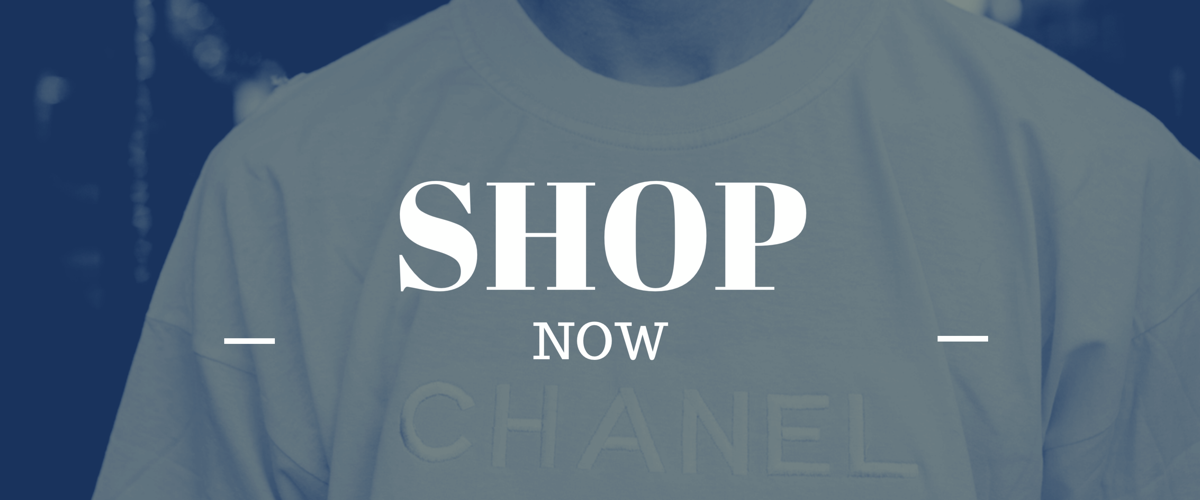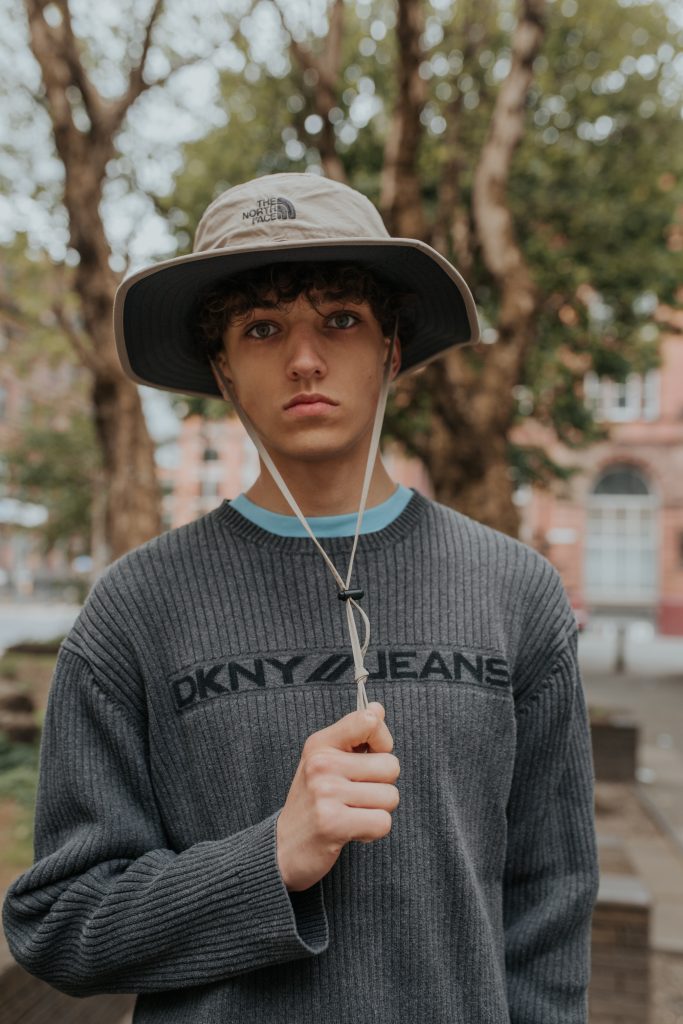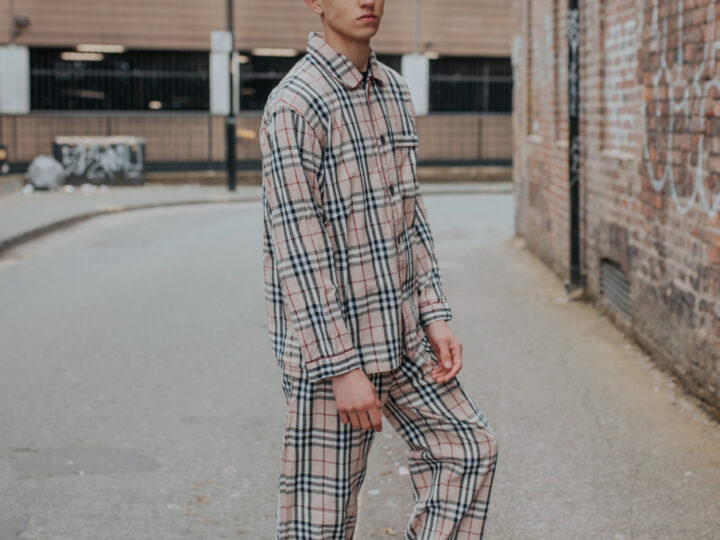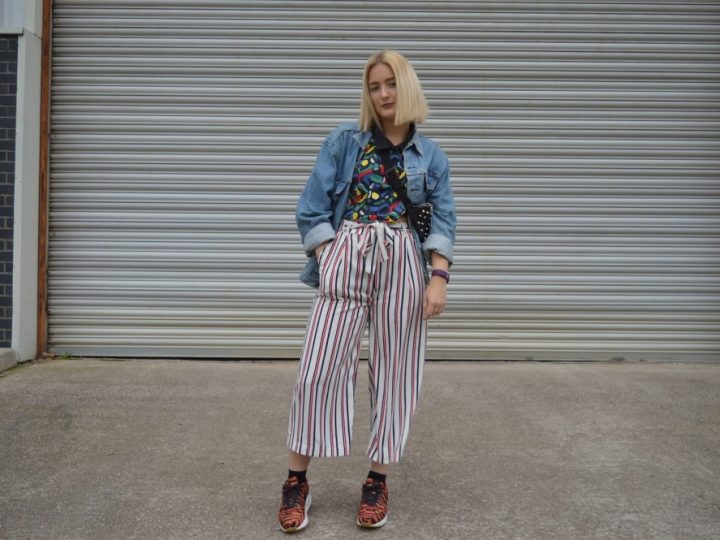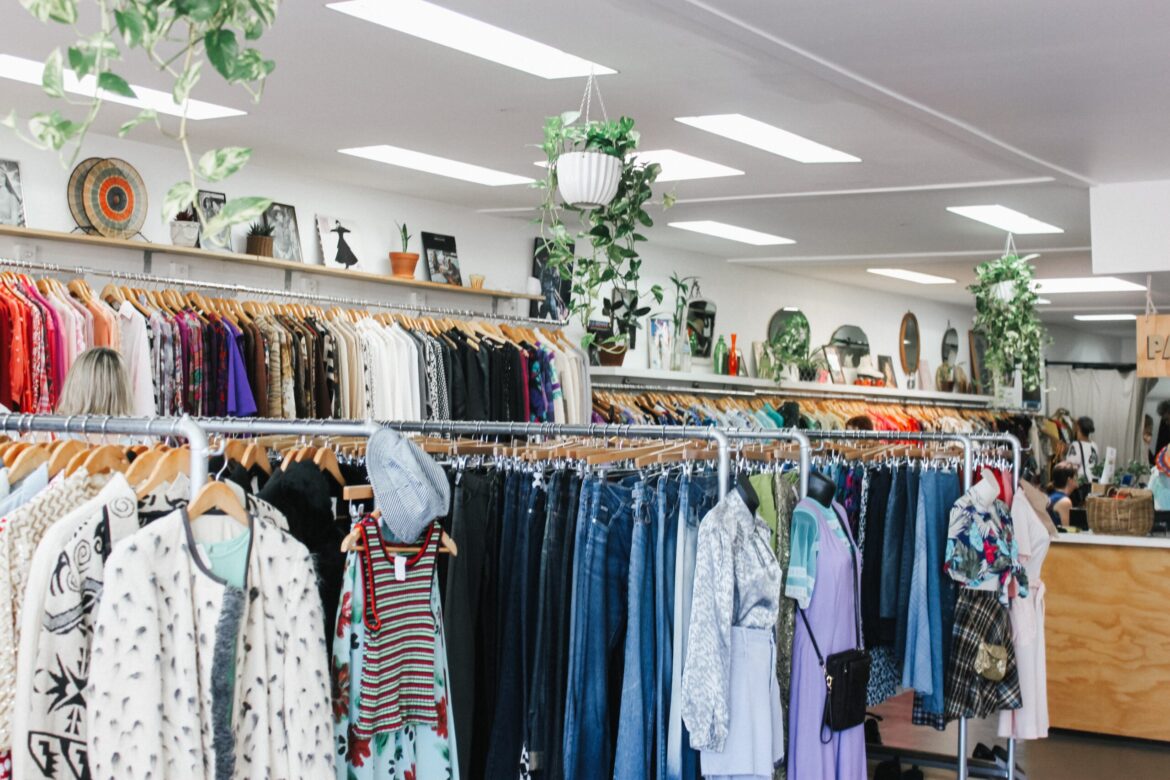
1) Saves You Lots Of Money
By shopping secondhand it basically means that whatever price you pay is only half of the original. If you’re searching for some clothes on Depop, or Ebay you will find plenty of bargains out there. You can find every brand under the sun, from Tommy Hilfiger and Calvin Klein to Ralph Lauren – the designer label list is endless. Some pieces, such as your Nike sweatshirts and old school Helly Hansen fleeces never go out of fashion, so it includes some of the latest trends at crazy low prices. Since used clothes, especially sportswear, comes from all decades, you are able to explore those 90s quirky sweatshirts to express the unique person that you are. By going secondhand, it is by far the best way to deal with textile waste, because clothes don’t get thrown out after a few weeks of wearing it, it goes to a new home for another five years or more.
2) It’s More Sustainable
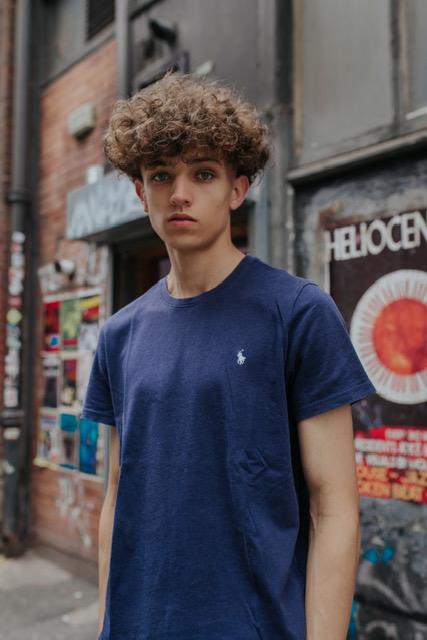
There’s a lot of water and chemicals that go into the clothes we buy. For example, it takes 1,800 gallons of water to make a single pair of blue jeans. If we recycle unused clothes, that means we won’t be paying the price in the future. Aside from landfills, there’s damage to the environment, loss of habitat for animals, and pollution of natural resources. How is this a better way of dealing with textile waste? Clothes get a longer lifespan. If you are done with a certain t-shirt, you can choose to resell it, or you can give it to charity, so not only are you supporting the planet, you’re giving to charity as well.
3) It’s a Recycling System that Helps Everyone

If you think secondhand clothes makes you look poor, it’s quite the opposite as you never know what you’re going to find. The re-use of clothing is a seemingly simple and easy sustainability solution, with multiple options including jumble sales, charity shops, and the antique trade, as well as online platforms as mentioned above. By recycling our clothes, it helps everyone out in the end, not only the planet! On a social level, it’s a place where people can build a new identity out of used clothing that gives them greater mobility in the social world. On a community level, it builds a culture of recycling, helping those out who have a low budget to spend on themselves.
